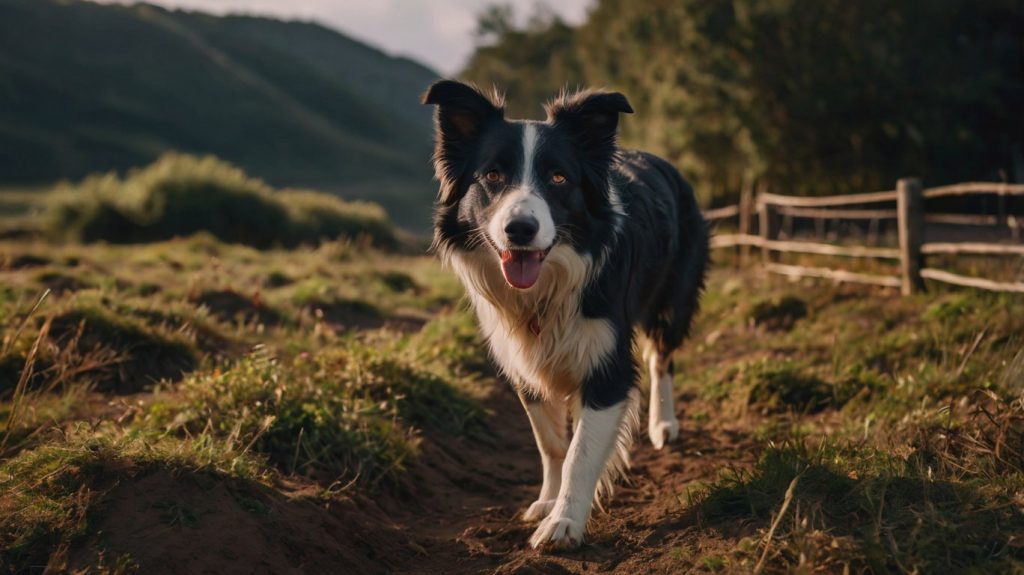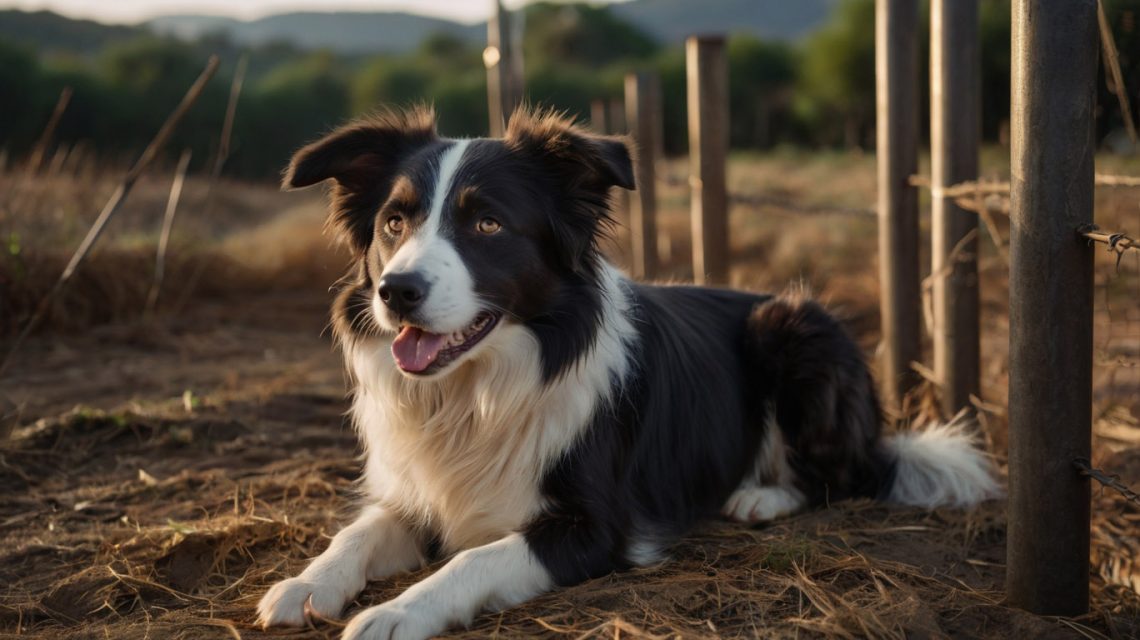Border Collies are one of the most intelligent and hardworking dog breeds, but their high energy and specific needs often lead them to end up in shelters. Border Collie shelters are crucial for rescuing, rehabilitating, and rehoming these incredible dogs. Whether you’re looking to adopt or support rescue efforts, this guide provides everything you need to know about Border Collie shelters.
The Importance of Border Collie Shelters
Providing a Safe Haven
Border Collie shelters offer refuge to dogs abandoned, surrendered, or rescued from unsafe environments. These shelters work tirelessly to meet the physical and emotional needs of Border Collies while preparing them for adoption.
Why Border Collies End Up in Shelters
Despite their intelligence, many Border Collies are surrendered due to:
- High Energy Levels: Owners may underestimate their exercise and mental stimulation needs.
- Behavioral Challenges: Without proper training, their herding instincts can lead to issues like nipping or chasing.
- Life Changes: Financial difficulties, relocations, or family changes often result in surrendering pets.
A Second Chance at Life
Shelters provide medical care, behavioral assessments, and rehabilitation for Border Collies. These efforts ensure they are ready for a loving, permanent home.
How to Find Border Collie Shelters
Local Animal Shelters
Many local shelters house Border Collies, even if they are not breed-specific. Contacting nearby shelters can connect you with dogs in need.
Breed-Specific Rescues
Dedicated Border Collie rescues focus solely on the breed, offering dogs of all ages, sizes, and temperaments. Examples include:
- Border Collie Rescue & Rehab
- Midwest Border Collie Rescue
Online Pet Platforms
Websites like Petfinder and Adopt-a-Pet allow you to search for Border Collies in shelters across your area. These platforms provide photos, descriptions, and contact information.

Adopting from Border Collie Shelters
Step 1: Research and Application
Start by identifying reputable shelters and filling out their adoption applications. These forms often ask about your lifestyle, home environment, and experience with dogs to ensure the right match.
Step 2: Meeting the Dogs
Once approved, shelters will allow you to meet potential adoptees. Spend time with the dogs to understand their personalities and energy levels.
Step 3: Home Evaluation
Some shelters conduct home visits to verify the living conditions and ensure a safe, suitable environment for the dog.
Step 4: Finalizing Adoption
After finding the right match, you’ll complete the adoption process by signing an agreement and paying an adoption fee. This fee typically covers vaccinations, spaying/neutering, and microchipping.
Supporting Border Collie Shelters
Volunteer Opportunities
Volunteering at a shelter allows you to make a hands-on impact. Tasks may include walking dogs, assisting with socialization, or helping at adoption events.
Donations
Most shelters rely heavily on donations to fund medical care, food, and shelter for the dogs. You can contribute through one-time donations, monthly giving, or by donating supplies.
Fostering a Border Collie
Fostering provides temporary homes for dogs awaiting adoption. This helps shelters free up space while giving dogs a loving environment to thrive in.
Stories of Success from Border Collie Shelters
Milo’s Journey
Milo, a three-year-old Border Collie, was rescued from a neglectful home. After receiving training and care at a local shelter, he found a forever family who appreciates his playful and energetic spirit.
Luna the Therapy Dog
Luna, surrendered due to her previous owner’s illness, was adopted by a therapist. She now works as a certified therapy dog, bringing comfort to patients in need.
FAQs About Border Collie Shelters
1. How much does it cost to adopt from a Border Collie shelter?
Adoption fees range from $200 to $500, depending on the shelter and the dog’s medical history.
2. Can Border Collies adapt to apartment living?
Yes, but they require daily exercise and mental stimulation to prevent boredom and destructive behavior.
3. What age of Border Collies can I adopt?
Shelters offer dogs of all ages, from puppies to seniors.
4. Are Border Collies good with children?
With proper training and socialization, they can be excellent companions for kids. However, their herding instincts may need management.
5. How can I ensure I’m adopting from a reputable shelter?
Look for shelters with positive reviews, transparent adoption processes, and thorough health screenings for their dogs.
6. What if I’m not ready to adopt?
You can still support shelters by volunteering, fostering, or donating supplies.


